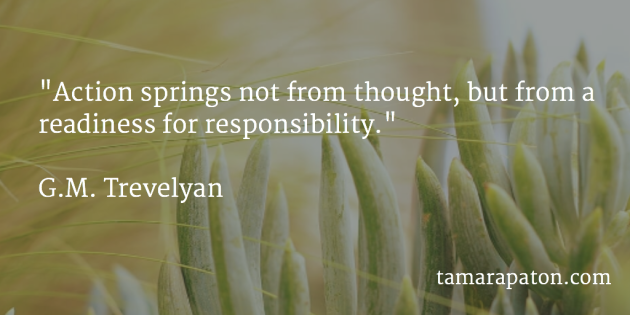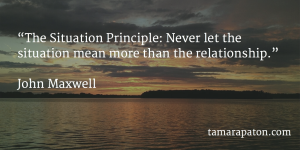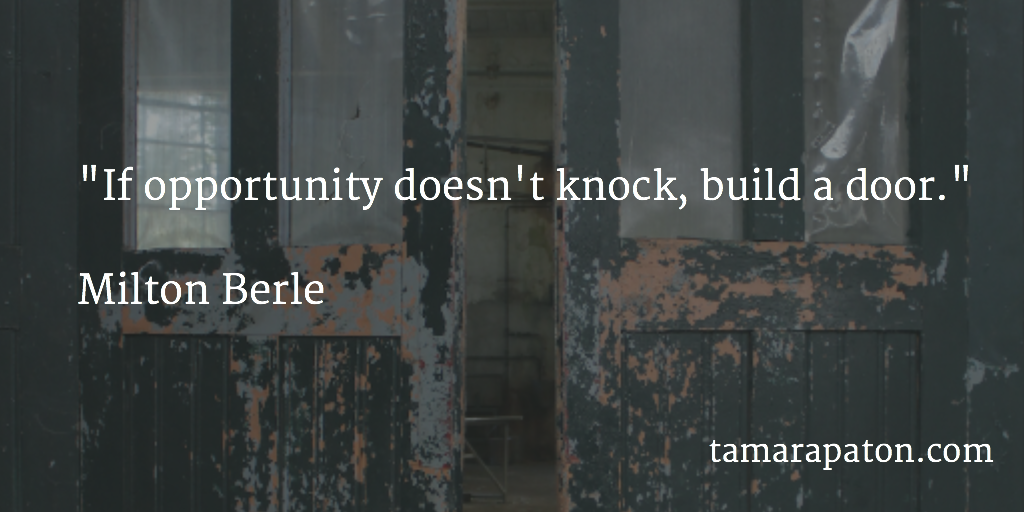

The expression “Be a fountain, not a drain” espouses more than having a positive attitude. We can also be generous with introductions, advocacy and – just as importantly – information about our own strengths.
I recently spoke with an aspiring director who has focused her board work on “passion projects”. Non-profits and social start-ups have benefited from her risk oversight expertise for years. Reminding me of what Katty Kay and Claire Shipman refer to as “the Confidence Gap”, she wondered out loud if her hard work would ever be recognized by the nomination committee of a paid board.
As I’ve written previously, we must be ready before we perceive concrete opportunity. And we simply cannot wait to be happily plucked from the talent pool. The first step in moving beyond this passive mindset is being ready to articulate why you are board ready. More than ready, in fact.
When I work with aspiring directors, I test for the characteristics I have seen in top board performers. Referring to these five factors, you can easily communicate your readiness to join your dream board.
1. You have past governance experience and/or training
While we celebrate the opportunities opening up for aspiring directors, we must recognize a sobering reality. Put bluntly, no board relishes being your first board. The boardroom can be a school of hard knocks and every director around you fears collateral damage.
To be ready for a corporate boards, we need relevant governance skills. Demonstrating experience on non-profit boards and an advisory board or two is helpful. Completing director education programs shows a commitment to the craft. Our own experience reporting to boards can be hugely informative. Once you have these foundational pieces in place, there is no need to be shy about communicating these qualifications.
2. You are known for knowing something
If I were to poll ten people who know you professionally, what would they identify as your most significant gifts? In what ways have you built a reputation for specialized skills and unique experience?
Organizational leadership experience can also be your calling card. CEOs have always found a natural place on boards. As boards seek other perspectives around the table, your past work as a leader of a corporate division, non-profit or start-up can also boost your credibility and appeal.
The key is to develop valuable expertise and then find ways to become known for it. Writing guest blog posts, speaking at conferences and answering questions on LinkedIn groups can build your personal brand. Even retweeting useful content on Twitter will pay off over time.
3. You have time to dedicate
A number of studies have tallied the growing number of hours directors spend on board work. Korn Ferry and Patrick O’Callaghan & Associates recently published an update on Canadian board practices. In their report, they shared that Canadian directors spend an average of 304 hours per year on each board. Reframing this metric into something more tangible, the authors equate this to 38 days on the job.
Can you allocate up to 40 days away from your day job to pursue board work? It’s tempting to imagine 3 or 4 days each month neatly carved out of your calendar, but my experience has bordered on calendar chaos. If your board meets quarterly, you will have particularly demanding months, followed by quieter periods. It’s important to align all aspects of your professional and personal life so you can give a board what it demands.
Logistics aside, communicating your understanding of this time commitment is a handy way to convey how hard you intend to work as a director.
4. You have a strong true north
One of my clients recently stepped down from a troubled board. Having served 7 years alongside his colleagues, he did not take the decision lightly. Unfortunately, the leadership’s behavior too often stepped into an uncomfortable grey zone.
Drifting values can often be so subtle that the problem goes unnoticed. Most of us do all we can to make a situation work, especially in the face of challenge or conflict. We need a strong sense of our true north, however, the one clear orientation that reflects our ethics, vision for an organization, and personal risk tolerance. And then we need to follow that course.
When you feel your values differ significantly from those around you, stepping away is often the lowest risk path. Alternatively, fans of the classic film, “Twelve Angry Men”, will remember when Henry Fonda calmly stays to his true north. If you have faced a similar test, reflect positively about the lessons learned and the outcome can demonstrate the maturity of a seasoned director.
5. You enjoy working with new people, environments and fields
The thing I love most about board work is the way I never truly feel my feet under me. The push for board diversity has yielded groups of incredibly talented directors with wildly varied personalities. Although the board chair may be perceived as the official leader, she is more of a servant to the group than an authority. As one of my boards considered an M&A opportunity, the environment resembled a professional mosh pit.
As a result, directors must influence, collaborate and build relationships. Much of that relationship building takes place when learning about new industry and functional content. I have formed my strongest board ties when we are all way outside our comfort zones. If you are comfortable feeling uncomfortable, let people know!
If these ideas excite you, then you may be board ready. Now how can you communicate that readiness? Consider joining me for a Board Readiness consultation. After just 30-minutes, you will convey your strengths and convert hopeful aspiration into concrete opportunities.
Question: Do your social and professional networks know that you are board ready? How do you work to boost your personal brand and convey your readiness?
To receive my posts in your inbox each Monday, I invite you to subscribe. I will always keep your information safe.










